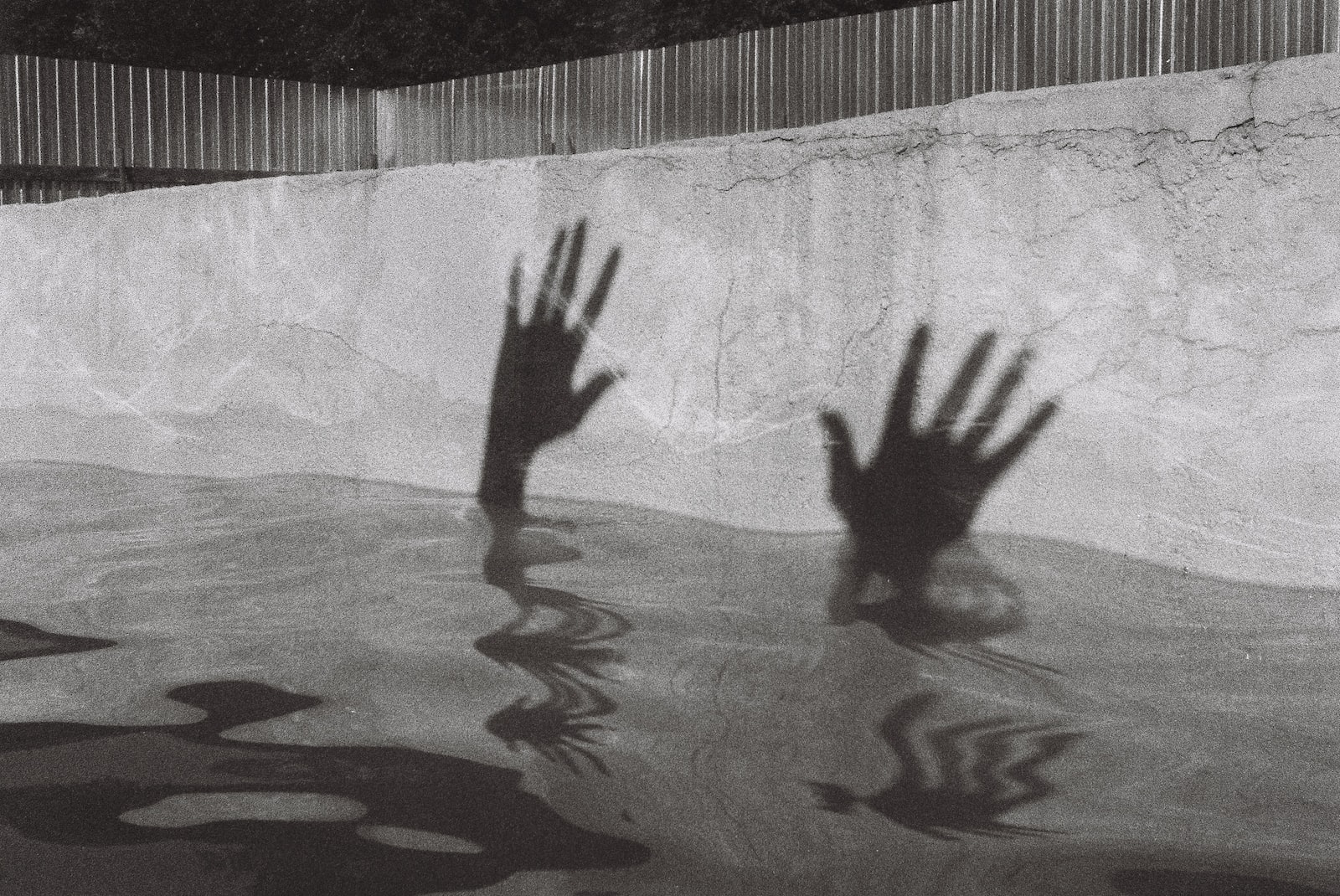Suicide calls reach voicemails, investigation shows
Uncovered by the BBC, the NHS crisis line is failing to answer suicidal patients calls in England.
NHS England have reported crisis lines have seen ‘record demand’ with one in five calls being missed, according to BBC findings. Run by NHS mental health trusts, crisis lines receive over 200,000 calls each month across the country.
Helplines aim to signpost patients to services and provide access to urgent mental health support by phone for adults – and in some cases under 18s – at high risk of suicide.
However, data collected from freedom of information requests from 29 of the 47 mental health trusts with crisis lines, show that at over 400,000 calls went unanswered between 2021-22. In some instances, people waiting more than an hour for their call to be answered.
Throughout the investigation, the BBC spoke to various crisis line callers who have explained their safety has been put at risk. Coroners have expressed fears over how patients are assessed, with one man, who has now passed away, telling staff he wanted to end his life, but was not referred for support.
A Department of Health and Social Care spokesperson said by 2024 its workforce investment ‘will deliver an additional 27,000 mental health professionals and give two million more people the help they need’.
In 2021, the Office of National Statistics (ONS) reported 5,585 suicides were registered in England and Wales – a 6.9% increase from 2020 – this equates to 10.7 deaths per 100,000 people.
Statistics from the ONS display the latest figures show suicide deaths were higher in men and more commonly occurred in males aged between 45 to 49 years-old, whereas in women suicide rates were higher in those aged between 50 to 54.
Additionally, the ONS stated the number had increased from 2020 as, due to the pandemic, deaths were delayed in being registered.
As well as the BBC discovering suicide calls were being missed, towards the end of 2022, a coroner concluded the death of a 14-year-ld girl was through being exposed to too much harmful content online. Molly Russell took her own life in November 2017 after suffering with depression.
Following the young girls death, the government introduced the Online Safety Bill, which is designed to keep children and young people safe online. However, the Samaritans, a helpline designed to assist people feeling suicidal, believe the Bill to be ‘failing the public’.
Research commissioned by the charity found that the government’s removal of protections from damaging content for over 18s goes against what the public want from the new guidelines. The Samaritans revealed two thirds (66%) of the public are concerned with the current accessibility of harmful suicide content on the internet.
Julie Bentley, CEP of Samaritans, said: ‘This is a wake-up call for the government.
‘The public is demanding that tech platforms regulate damaging self-harm and suicide content, whether it is legal or not, for people of all ages. It’s unacceptable to squander a vital opportunity to save lives.
‘This Bill was originally intended to make the UK the safest place in the world to be online; however, the goalposts have completely changed with important protections being limited solely to children.
‘Of course, children must have the greatest protection, but the idea that people will stop being vulnerable the moment they turn 18 is ridiculous and outs lives at risk. The government must re-think and move forward with an Online Safety Bill that can actually achieve what it is set out to do.’
Photo by Andreea Popa and dole777

















